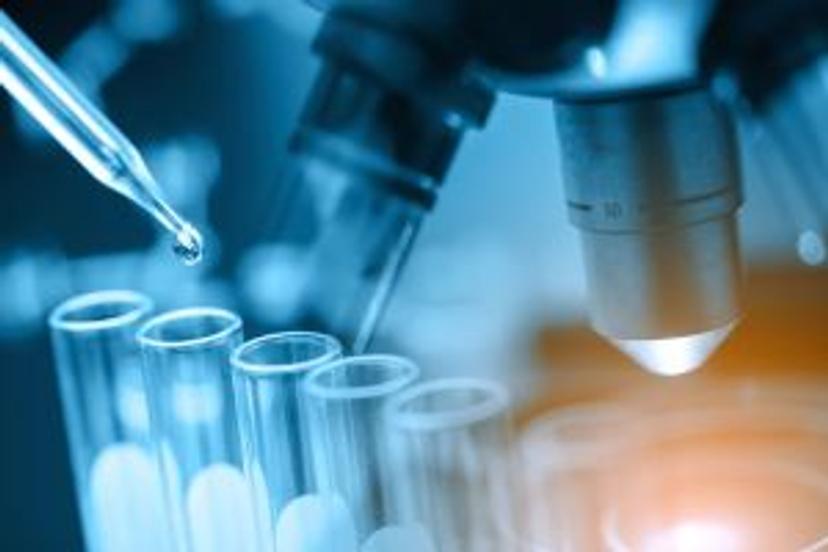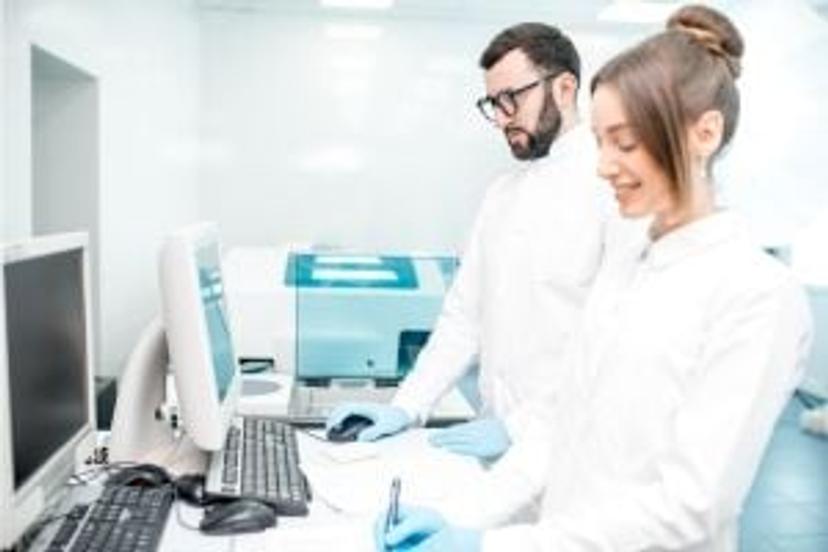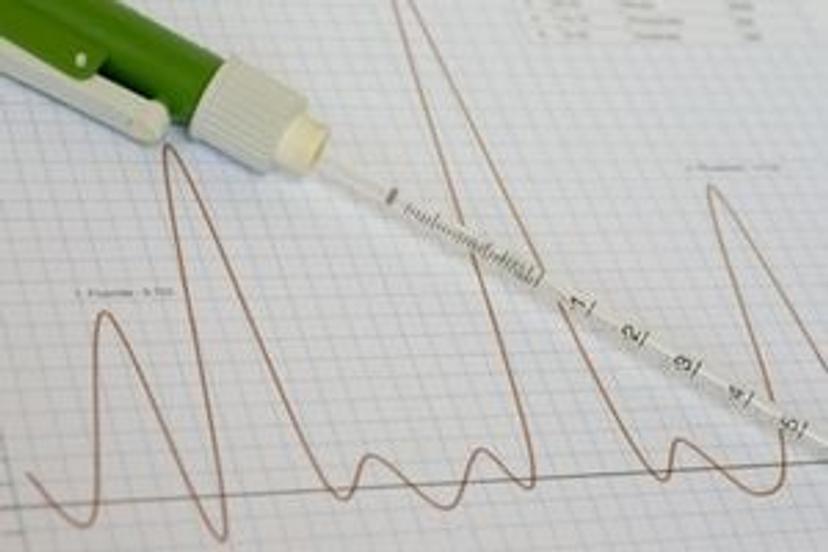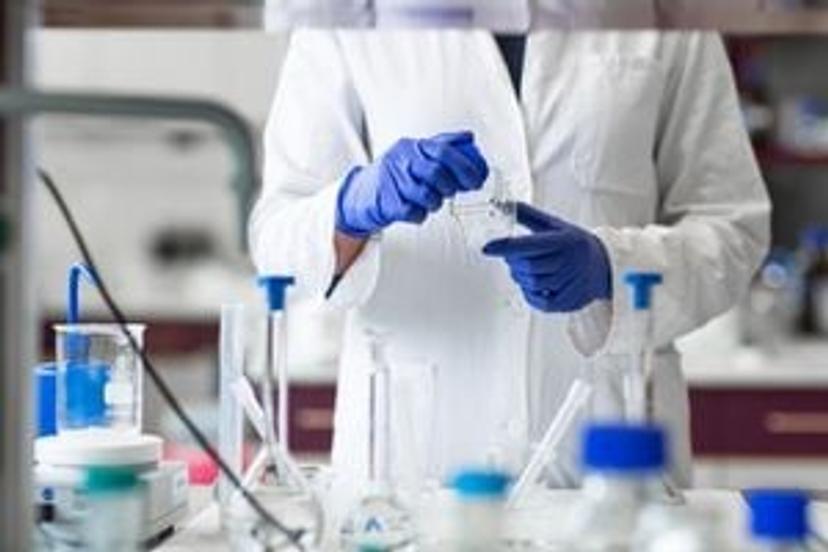Upcoming webinars to aid your work
Discover the latest tools and techniques to expand your research capacity with expert-led presentations on spectroscopy, microbial profiling, dissolution challenges, and more
9 Apr 2023
SelectScience® hosts dozens of informative free webinars for scientists every month, featuring world-class speakers at the very forefront of their respective fields. In this regular feature, we highlight the events you won't want to miss over the next few weeks or so, as well as some of our top on-demand webinars.
This week, discover how NASA scientists brought real time microbial profiling to the International Space Station, explore dissolution techniques for novel dosage forms, and understand how connectivity is the key enabler to solve the current pain points in laboratory settings. Plus, don't miss out on the third session of a four-part 'Fundamentals of Spectroscopy' course, and learn about the advantages of DGE-AUC for your characterization suite.
How NASA scientists brought real time microbial profiling to the International Space Station

In this webinar, spaceflight microbiologist, Sarah Stahl-Rommel, will discuss the simplified swab-to-sequencer method of real-time microbial monitoring that can be performed onboard the International Space Station. She will also outline NASA’s journey from initial development to implementation, how their method has been streamlined to be completed by a non-trained crew member in an extreme environment, and how they are using customized reagents to enable environmental and human health diagnostics in real-time as future missions take them beyond low-Earth orbit.
Tuesday, April 11, at 16:00 BST / 17:00 CEST / 11:00 EDT / 08:00 PDT
Overcoming Dissolution Challenges with Low-Dose Pharmaceuticals and Medical Devices

Novel dosage forms require novel dissolution techniques and instruments. Drug-eluting stent testing, transdermals, implants, contact lenses, medical devices, and a variety of other products require absolute control over evaporative losses and assurance of analytical sample integrity. The dissolution testing is frequently done using ultralow volumes in the 5–10 mL range. In this webinar, we will explore tools and techniques that address the challenges of these types of analysis by examining several examples and case studies.
Wednesday, April 12, at 16:00 BST / 17:00 CEST / 11:00 EDT / 08:00 PDT
Solving the integration puzzle: Only an open ecosystem holds the key to unlock the potential of lab data

This webinar will focus on how connectivity is the key enabler to solve the current pain points in laboratory settings and to unlock the lab of the future. Tecan and Labforward will present a tangible example from the House of Life Sciences, where interconnected data is leveraged for real-time monitoring, actionable analytics and digital standard operating procedures (SOPs). This demonstration will depict how the shared philosophy of an open digital ecosystem can lead to the evolution of an environment rich in clean, actionable data for lab managers and lab users.
Tuesday, April 18, at 16:00 BST / 17:00 CEST / 11:00 EDT / 08:00 PDT
New on-demand webinar: Optimizing equipment for optical spectroscopy

In this third session of a four-part ‘Fundamentals of Spectroscopy’ course, having previously covered the ‘why’, we now focus on the ‘how’. There is currently a dizzying array of tools available for spectroscopy, but the fundamental goal remains the same. Here we present the current state-of-the-art common spectroscopy components – spectrometers, detectors, and associated optics – as well as their historical development. We also discuss some of the technological breakthroughs that have made the heroic measurements of yesterday commonplace practice today, as well as how different equipment has evolved to suit the particular needs of different experiments.
New on-demand webinar: A deep dive into OriginPro for the analysis of high-resolution DGE-AUC data

Analytical ultracentrifugation (AUC) has been a benefit to the field of biophysical characterization for nearly a century. Sedimentation velocity (SV) AUC has emerged as a gold standard for quantifying the loading fraction of gene therapy delivery particles such as adeno-associated viruses (AAV) and liposomes. However, boundary analysis of SV-AUC data requires specialized software such as Sedfit or UltraScan. In this joint webinar with OriginLab corporation, density gradient equilibrium (DGE) AUC will be introduced – an orthogonal technique that can be conducted in the same Optima AUC instrument as SV-AUC. DGE-AUC offers improved sensitivity and sample consumption, along with dramatically simplified analysis.
Watch our webinars at a time that suits you
Missed one of our webinars? Fortunately, all SelectScience webinars are made available on demand after the live event. Catch up on some of our latest webinars below:
Transforming biomarker development for cancer immunotherapy: Introducing the PhenoCode Signature approach
Modeling the tumor microenvironment: An in vitro T cell exhaustion model for the characterisation of multi-specific biologics and immunotherapies
The spatial and functional heterogeneity of PDAC tumor sub-populations
Get the full scoop on your ADC from microliters
Unlocking the potential of RNA therapies in autism spectrum disorder: How definitive human iPSC-derived cells are paving the way
Optimizing clone selection in cell line development
Lowering NGS analysis cost at lightspeed
Spectroscopy techniques in practice: Methods and motivations
SelectScience runs 10+ webinars a month across various scientific topics, discover more of our upcoming webinars>>
